Western leaders, including Prime Minister Sir Keir Starmer, have urged Iran to avoid further escalating tensions in the Middle East following the recent assassinations of key figures in Hamas and Hezbollah. Here’s the full story.
Rare UK-Iranian Interaction

As tensions continue to rise in the Middle East, Prime Minister Keir Starmer has held a rare phone call with newly elected Iranian President Masoud Pezeshkian.
Unprecedented Phone Call
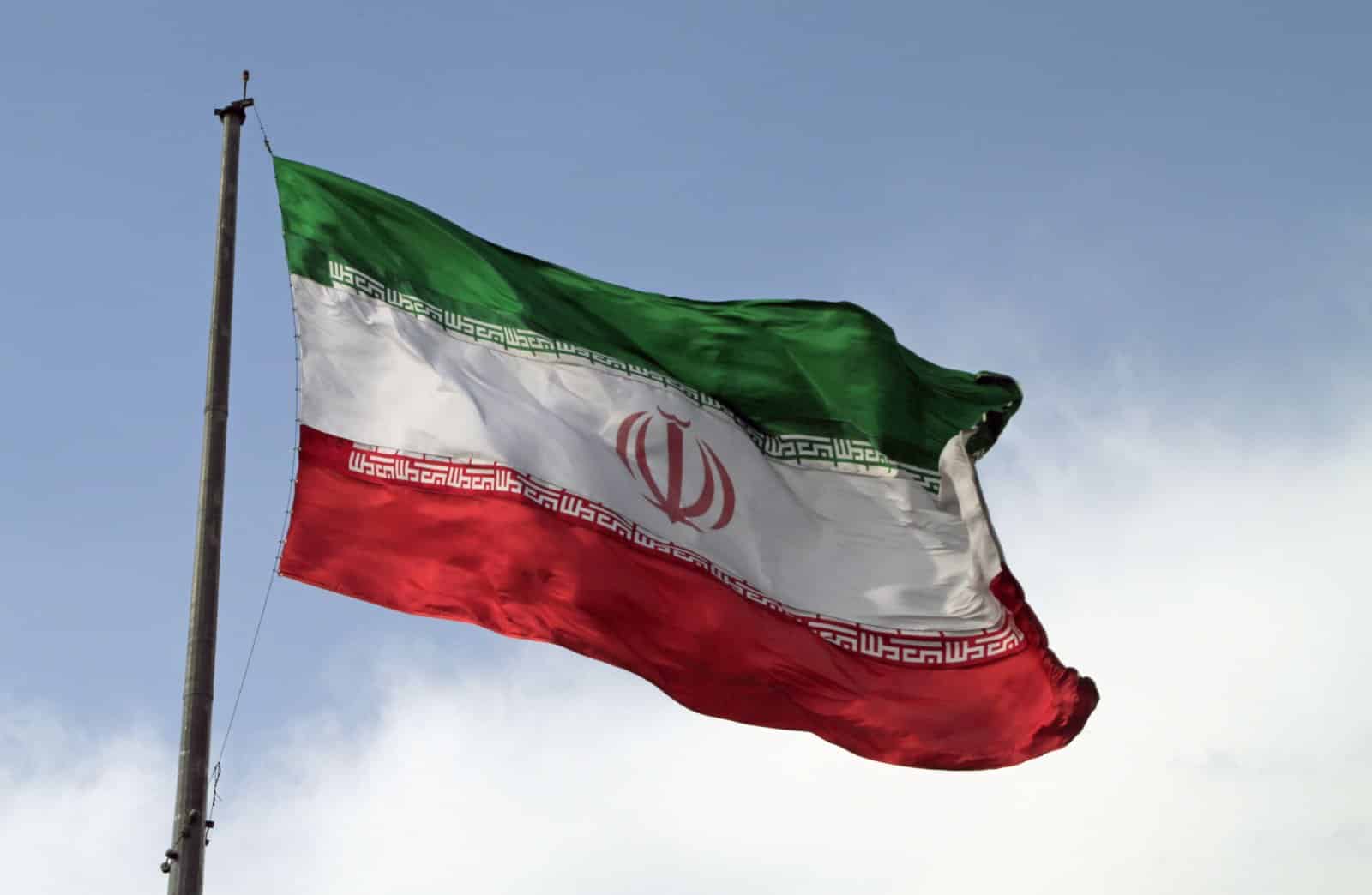
This unprecedented 30-minute phone call with President Pezeshkian was part of a broader international effort aimed at reducing tensions in the Middle East, which have escalated dramatically following the assassination of senior Hamas leader Ismail Haniyeh in Tehran.
“De-escalate and Avoid Further Conflict”
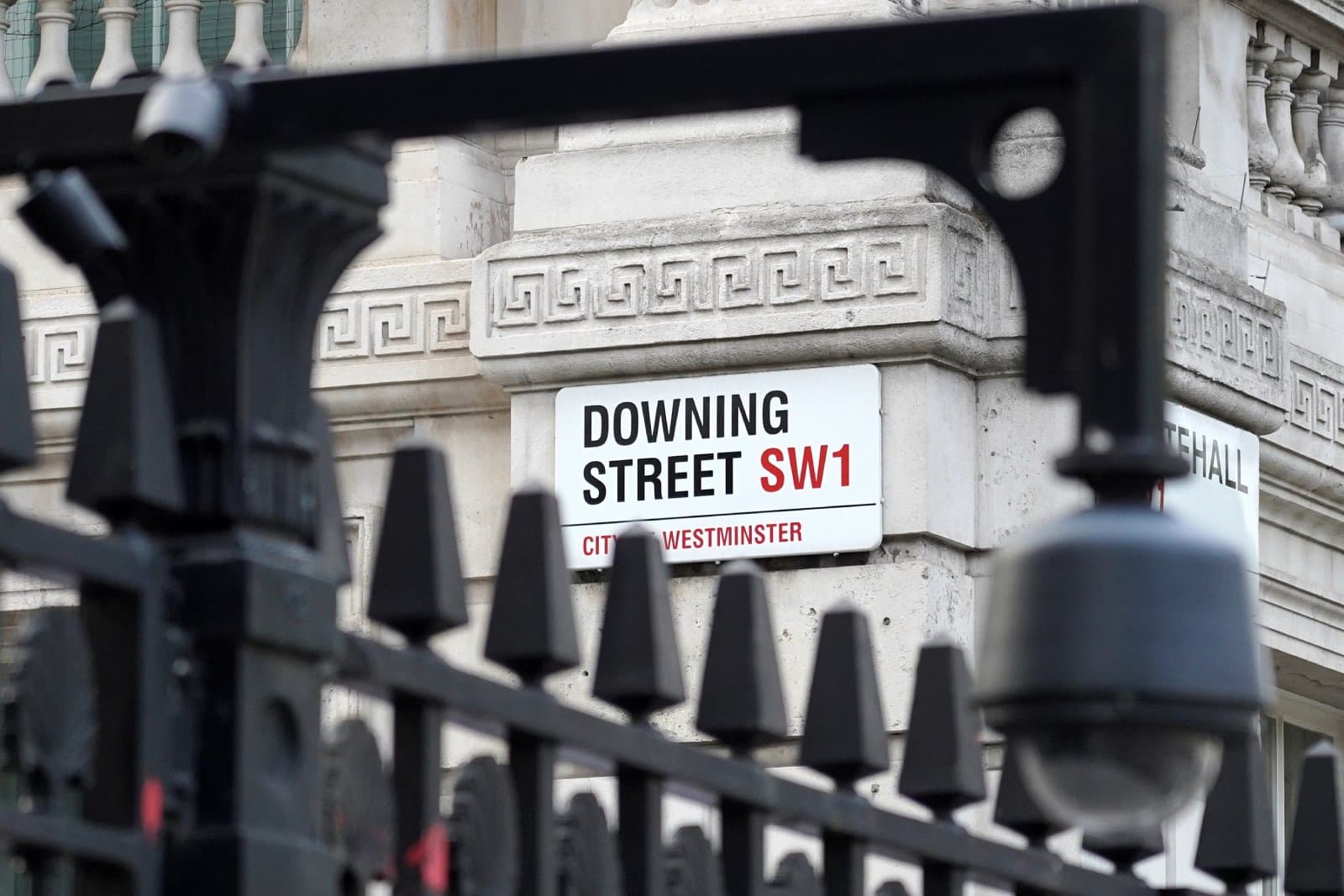
According to a Downing Street statement detailing Starmer’s call with Pezeshkian, the Prime Minister expressed his deep concern over the potential for further violence and called on both Iran and Israel to “de-escalate and avoid further regional confrontation.”
Serious Risk of Miscalculation
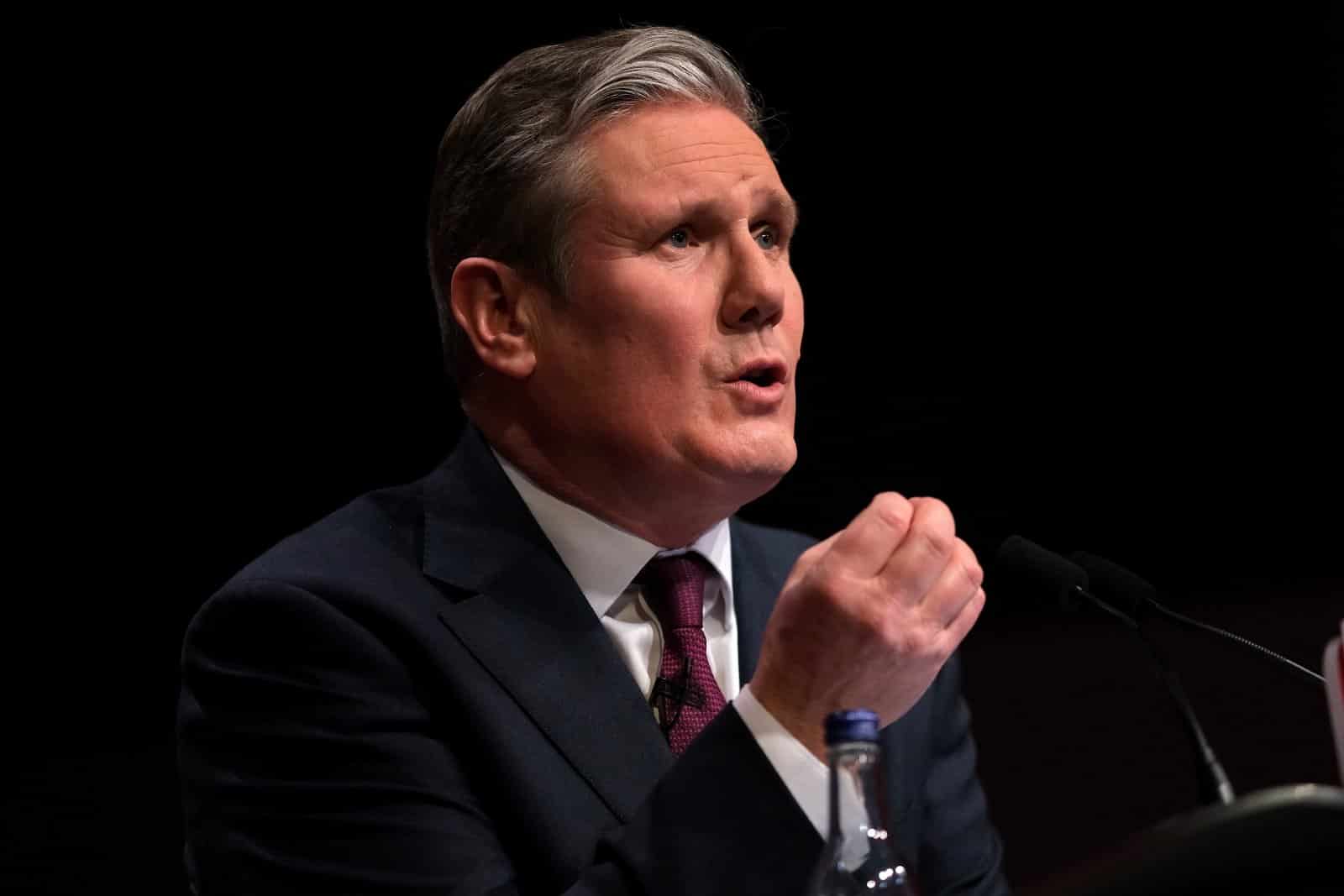
Starmer also warned of a “serious risk of miscalculation,” adding that “now was the time for calm and careful consideration” and told his Iranian counterpart that “war was not in anyone’s interests.”
Constructive Dialogue Conditional

The Prime Minister’s spokesperson added that Starmer explained the “constructive dialogue” between the UK and Iran on several issues, including foreign detainees held by Iran, “could only be furthered if Iran ceased its destabilising actions including threats against individuals in the UK and did not further aid Russia’s invasion of Ukraine.”
Broader Diplomatic Effort

Starmer’s call to Pezeshkian was part of a broader diplomatic effort to cool tensions in the region. The leaders of the UK, France, and Germany issued a joint statement regarding the situation in the Middle East.
United in De-escalation

The statement echoed Starmer’s concerns in his phone call to the Iranian President, noting, “We are deeply concerned by the heightened tensions in the region and united in our commitment to de-escalation and regional stability.”
Escalation Risks Ceasefire
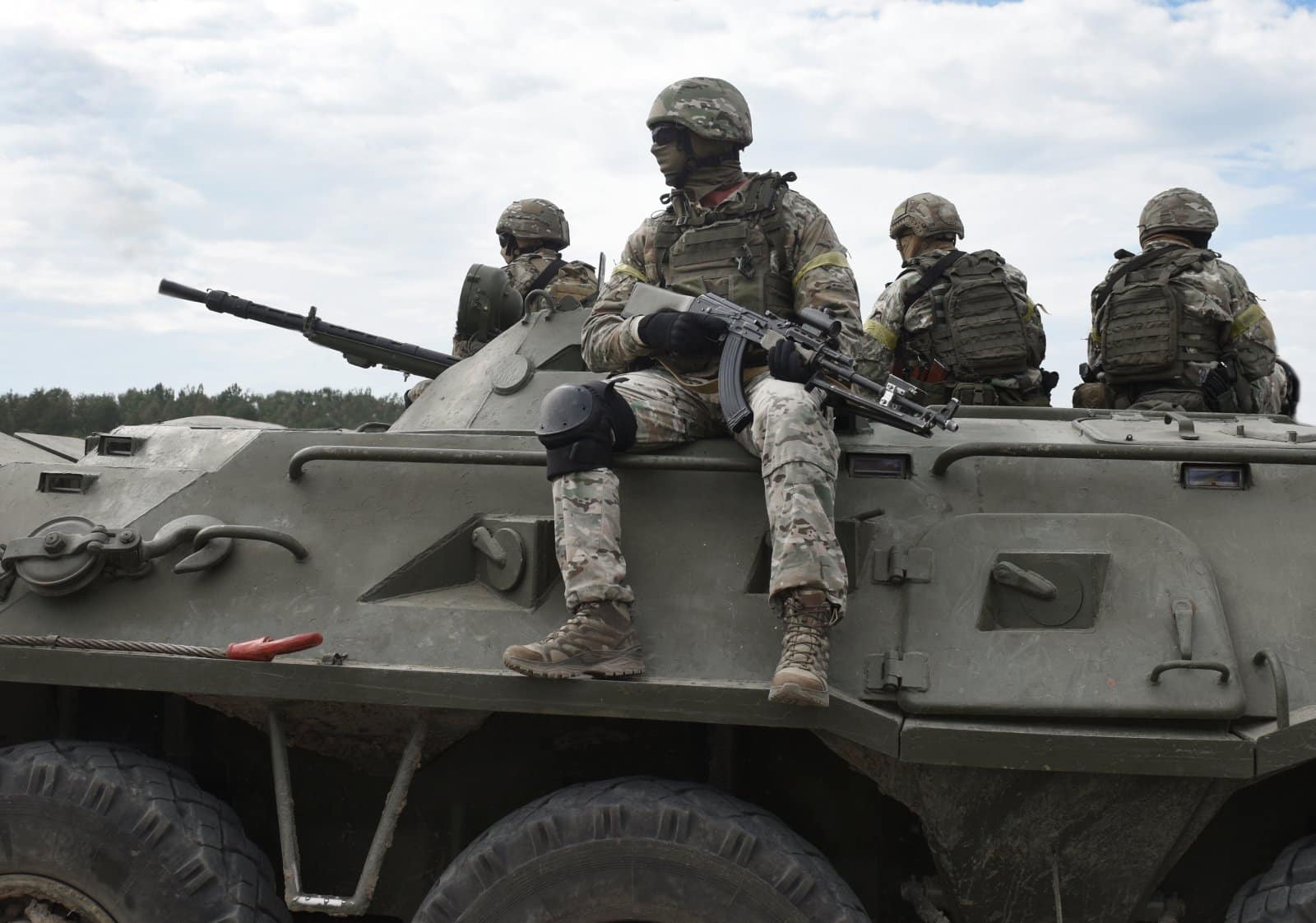
The statement warned that any potential escalation could put the tentative ceasefire plan at risk: “We call on Iran and its allies to refrain from attacks that would further escalate regional tensions and jeopardise the opportunity to agree a ceasefire and the release of hostages. They will bear responsibility for actions that jeopardise this opportunity for peace and stability. No country or nation stands to gain from a further escalation in the Middle East.”
Urgent Need for Negotiations
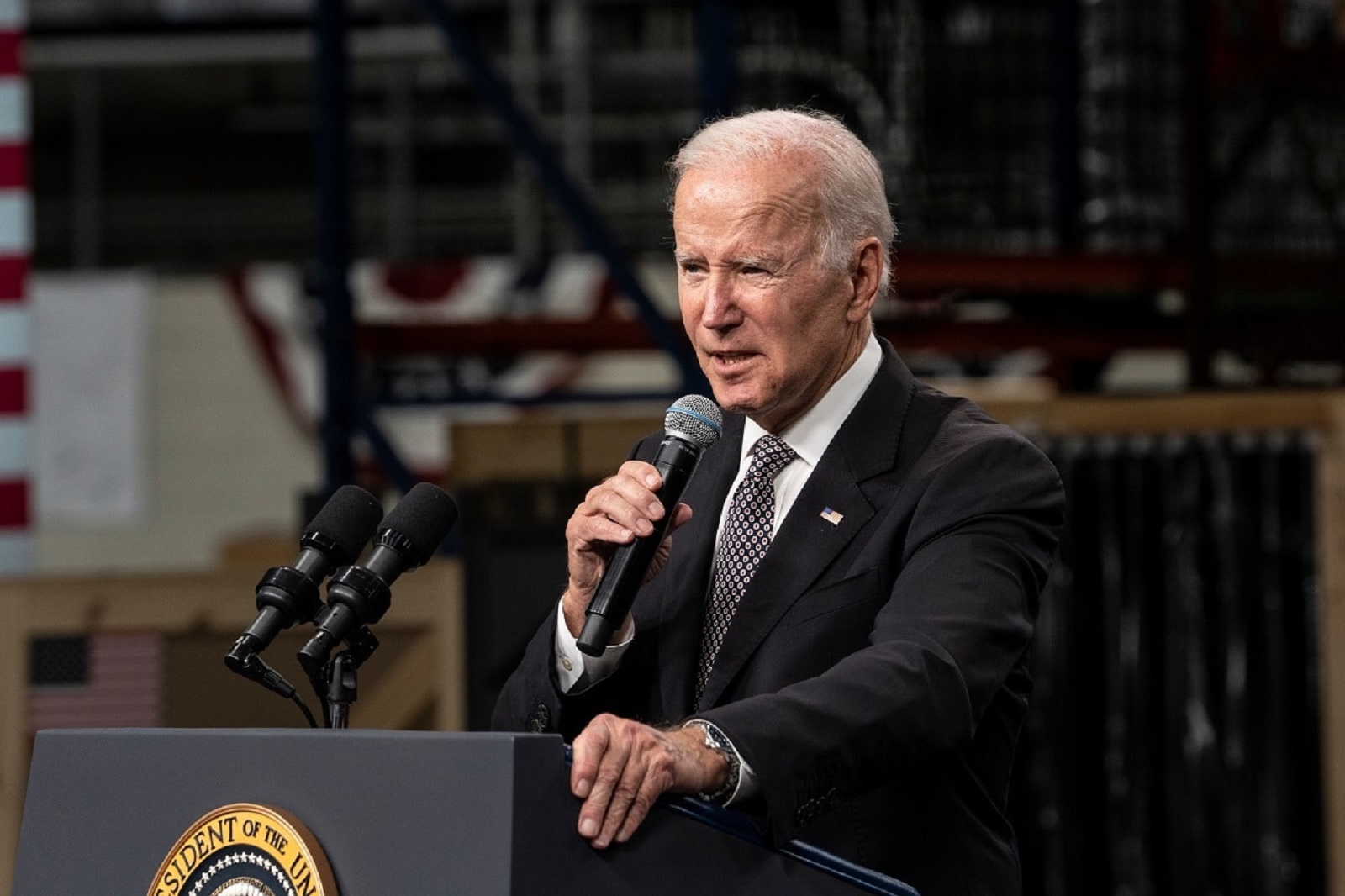
It added, “We endorse the joint statement of HH Sheikh Tamim bin Hamad al Thani, President Sisi and President Biden calling for the immediate resumption of negotiations. We agree that there can be no further delay. We have been working with all parties to prevent escalation and will spare no effort to reduce tensions and find a path to stability. The fighting must end now, and all hostages still detained by Hamas must be released. The people of Gaza need urgent and unfettered delivery and distribution of aid.”
Assassination of Haniyeh
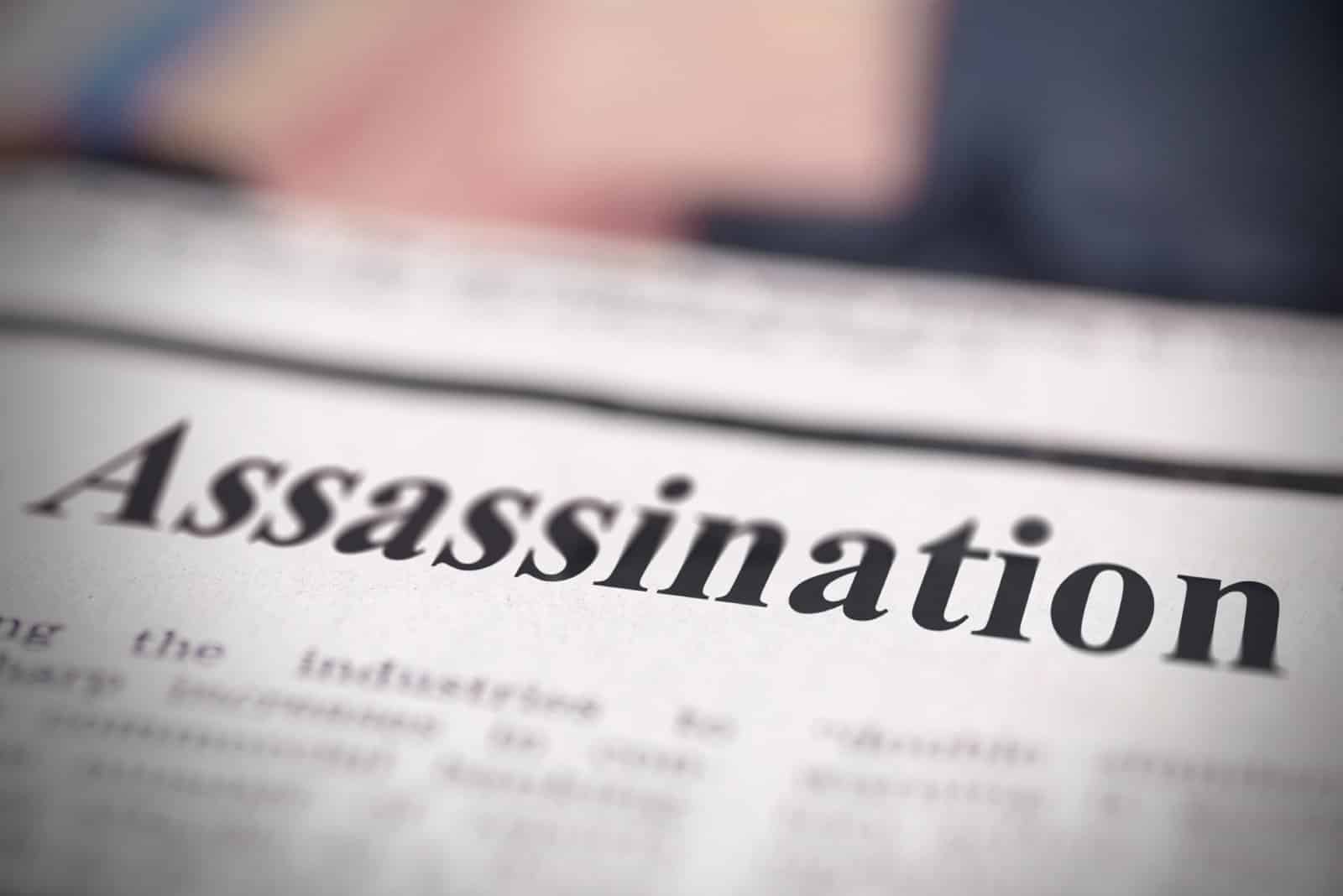
The immediate catalyst for these increasingly frantic diplomatic efforts was the assassination of Ismail Haniyeh, a prominent Hamas leader, in Tehran on July 31, 2024. Even though Israel has not officially claimed responsibility for the assassination, the incident has ratcheted up tensions to breaking point.
Hezbollah Official Killed
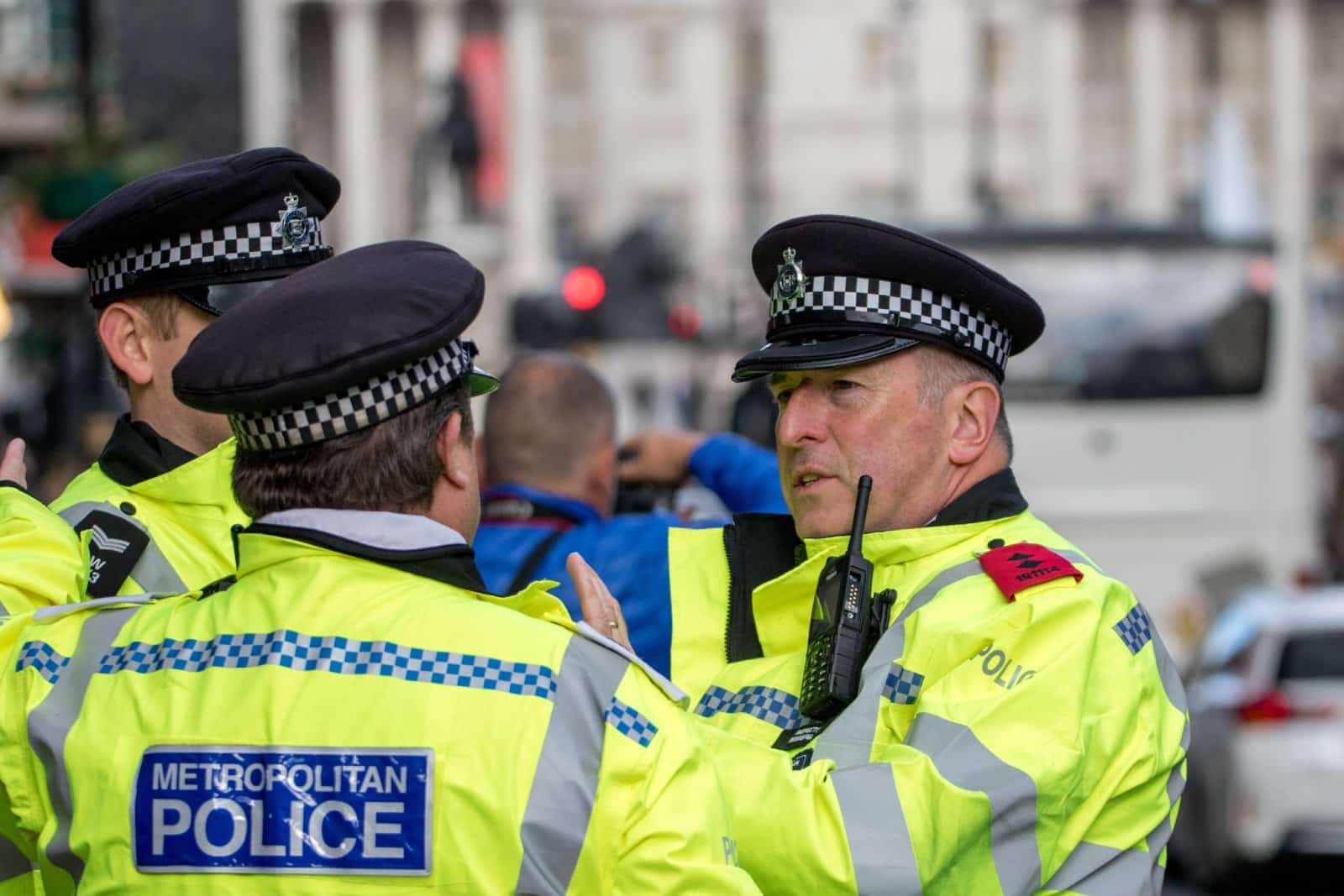
Additionally, the assassination of Hezbollah official Fuad Shukr in Beirut, which the Israeli military has claimed credit for, has increased Israeli fears that Iran will launch a retaliatory strike on Israel.
Biden’s Warning to Iran
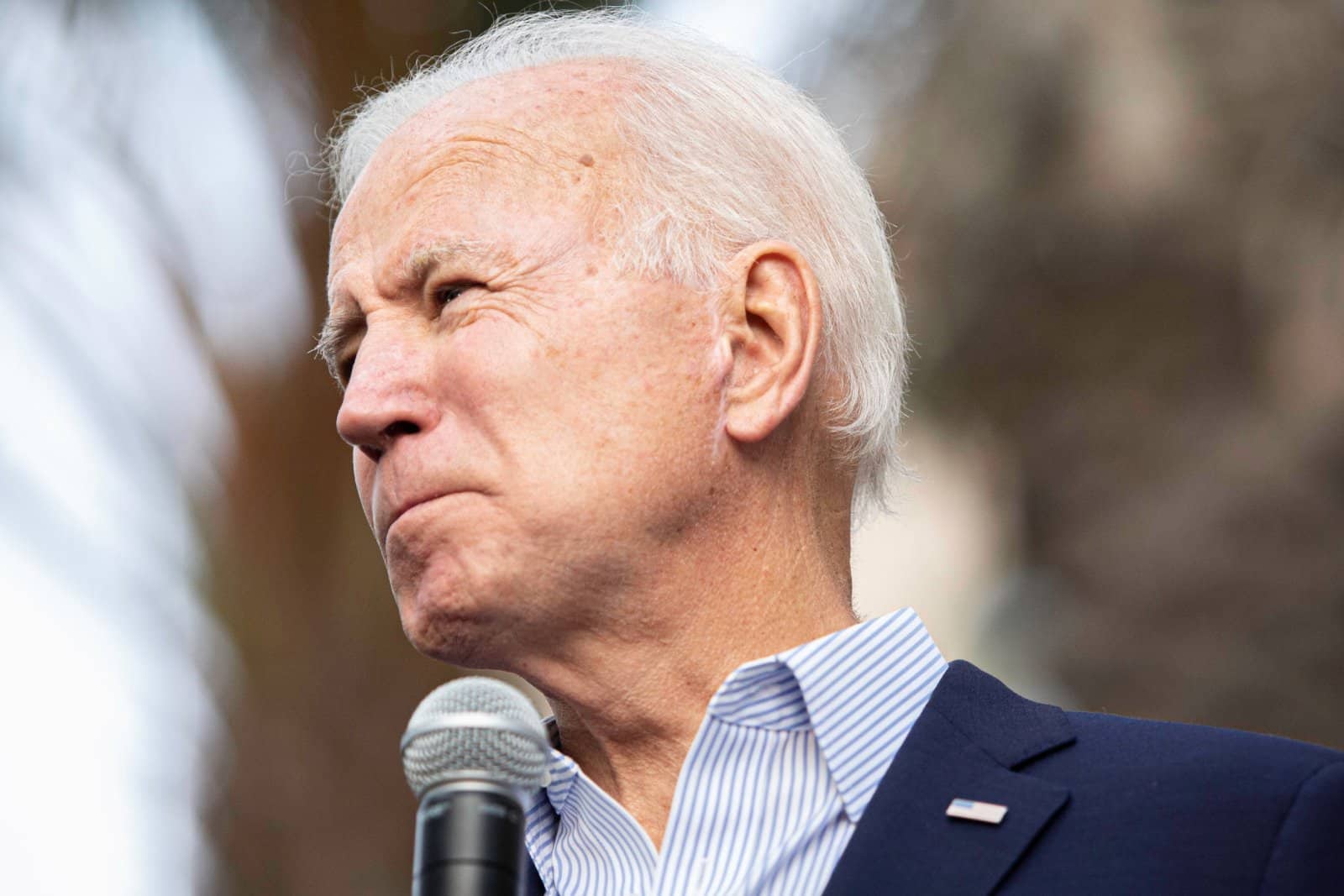
This weekend, US President Joe Biden warned Iran against attacking Israel with a single-word statement: “Don’t.”
Dire Situation in Gaza

Despite attention shifting to a possible conflict between Iran and Israel, the situation on the ground in Gaza remains dire, with Israel’s war on the enclave following the October 7th attacks by Hamas exacerbating the ongoing humanitarian crisis in the region.
UK Condemns Israeli Strike

Over the weekend, UK Foreign Secretary David Lammy publicly condemned an Israeli military strike on the al-Tabeen school in Gaza, which, according to the Hamas-run Gaza Health Ministry, killed over 90 civilians.
“Appalled by the Tragic Loss”

Lammy wrote on X, formerly Twitter, “Appalled by the Israeli Military strike on al-Tabeen school and the tragic loss of life. Hamas must stop endangering civilians. Israel must comply with International Humanitarian Law. We need an immediate ceasefire to protect civilians, free all hostages, and end restrictions on aid.”
IDF Defends Its Actions
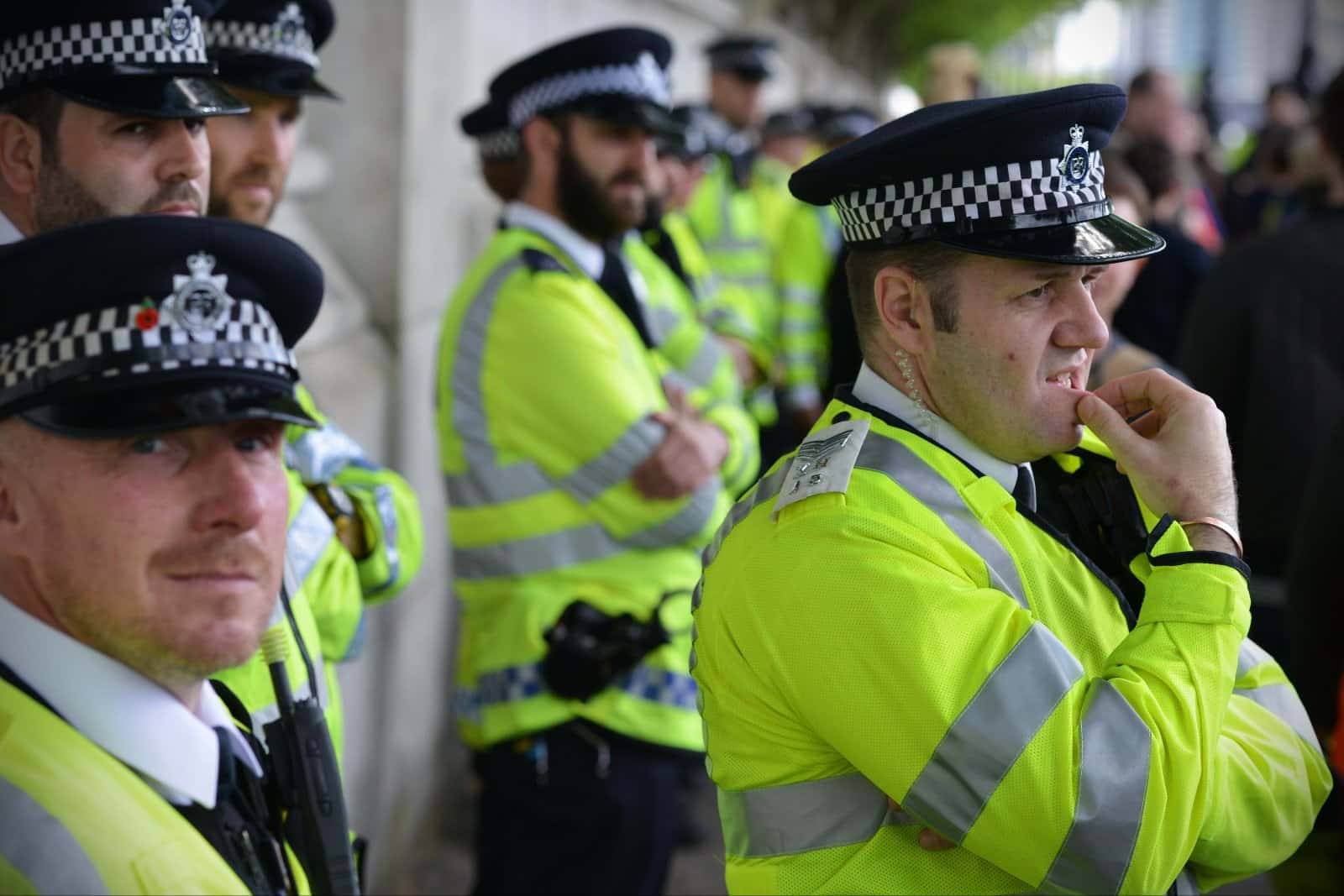
Despite Lammy’s condemnation, the Israeli Defense Forces (IDF), who claimed that the target was a meeting place for senior Hamas officials, maintained that at least 19 terrorists were present at the time of the attack.
Monitoring for Escalation

As tensions remain high and blood continues to spill, the leaders of the UK, France, Germany and the US continue to watch closely for any signs that the delicate situation in the Middle East might escalate, leading to yet more loss of life.
Diplomatic Intervention Crucial
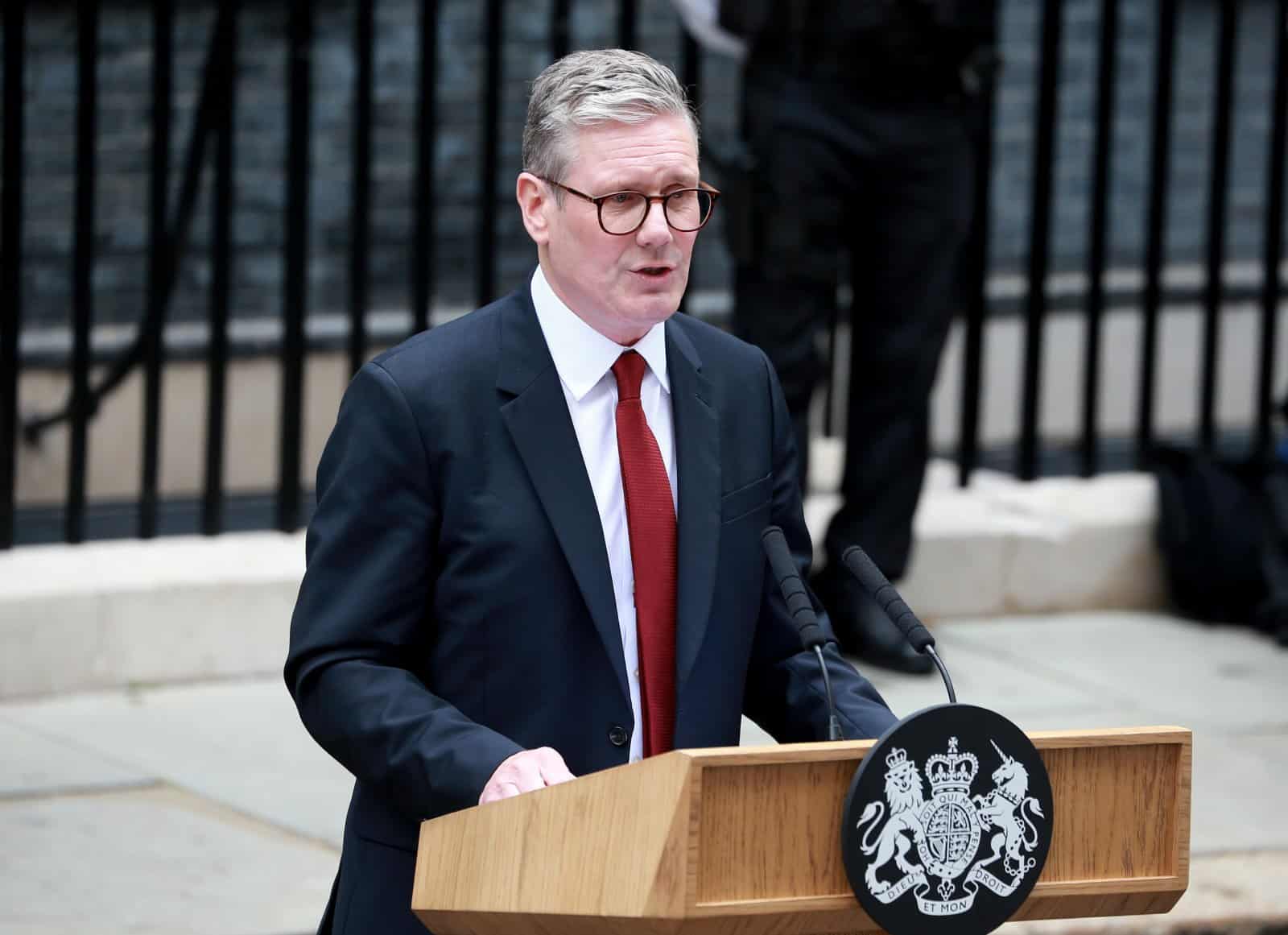
The rare diplomatic engagement between Starmer and Pezeshkian, along with the joint statement from Macron, Scholz and the Prime Minister, is a sign of how seriously Western leaders are taking the situation.
Uncertain Future in the Middle East

With the potential for more violence looming, it remains to be seen whether their diplomatic intervention will lead to the much sought-after de-escalation in tensions or whether the unstable situation in the Middle East will, once again, devolve into an all-out war.
Featured Image Credit: Shutterstock / Altopix.
The images used are for illustrative purposes only and may not represent the actual people or places mentioned in the article.

